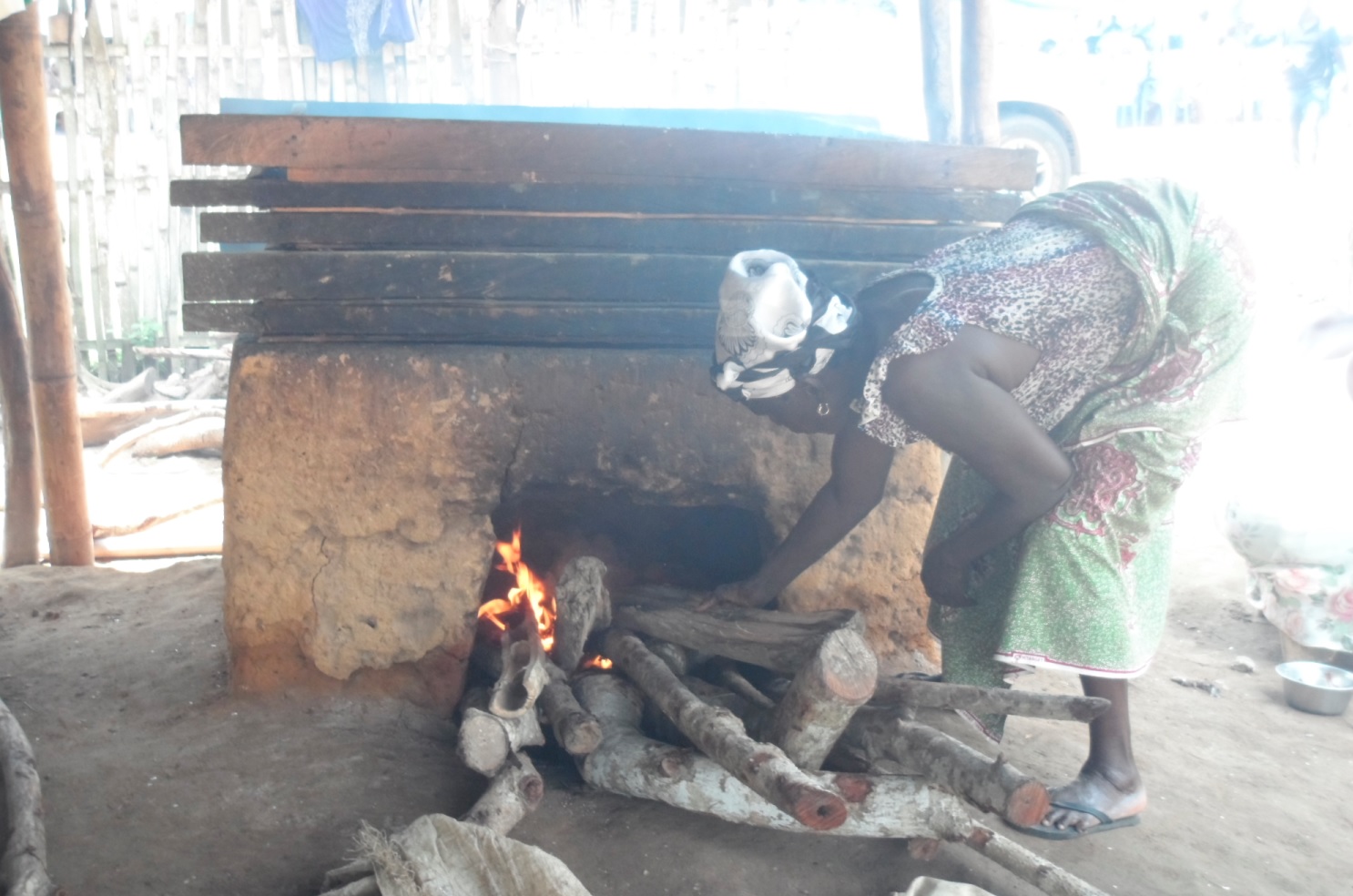Fish smoking revolutionalised
For many centuries, women on the coastline of some regions in the country have relied on the smoking of fish for sale as a major source of livelihood.
They use conventional means such as the building of clay ovens in which they burn large volumes of firewood to keep the traditional ovens hot after which they put in the fish to smoke them.
This traditional process costs the women a fortune and they make little or no profit at all, particularly as the price of fish can go up due to low catch and firewood becomes scarce most of the time.
One of the biggest challenges of local fish-smokers and traders in general is access to loans from the traditional banking system to expand their businesses. Several studies attribute the challenge partly to improper bookkeeping.
As a result, rural, community and universal banks focus on lending to industry, commerce and medium to large enterprises with good bookkeeping records.
Players in the informal sector such as fish processors, therefore, contract loans from money lenders and savings and loans and microfinance institutions in their communities at very exorbitant interest rates, which keep them in continuous financial bondage with these lenders.
But as part of measures to help to boost the local economy of some communities in the Western Region, Kosmos Energy Ghana, one of the major players in the country’s offshore oil fields, has built a modern fish processing facility for women groups at Greater Ankobra and Epku communities in the Ellembelle District in the Western Region.
The six-unit modern fish smoking facility is to help the local fish processors to better process their fish, relying on less fuel wood to process more.
A modern fish processor
The modern landmark fish smoker (MLFS) is constructed with bricks, refractive mortar, fiberglass and insulated gate that retains heat for continuous smoking.
The new technology, designed by Abudan Social Engineering Services, automatically reduces the firewood used, since enough heat is retained for the next stage of smoking.
According to Kosmos, the design eliminates about 90 per cent of the challenges associated with fish smoking and processing.
Before the project, Kosmos Energy carried out an assessment of the operations of the fishmongers along the coastal districts of the region.
The major challenges of the fishmongers, the mainstay of most women in coastal Western Region, were how to improve processing and understand the modern-day business environment.
It was discovered that over the years, traditional methods employed by the fishmongers to process, preserve and store fish for consumption had been one of the challenges that made it difficult for the traders to reduce post-harvest losses and record profits.
The traditional method of fish processing include smoking, drying, and salting.
Challenges with the traditional system
Some of the easily identified problems associated with the traditional smoker popularly known as the Chorkor Smoker include excessive smoke emission, direct exposure to heat and open fire by processors due to cracks in the oven.
According to the fishmongers, it took an average of three days to smoke 160 kilos to 170 kilos of fish. This means most of the fish bought for processing would go bad and become debts to the traders.
They said even though fishing activities along the coast were characterised by low catch, the delays in processing the fish in most cases resulted in losses to the traders. 
During bumper seasons, there was always enough to process, but the loss did not occur at the market, but from the very moment the fish was picked from the shore to the processing areas.
Such challenges compounded their inability to procure loans from traditional sources.
Training in basic business practice
Since poor record keeping also affected the fish-smokers’ ability to access credit, Kosmos Energy organised capacity-building in bookkeeping for 152 women in Ankobra and Ekpu to provide a round intervention to their challenge.
The training module covered variety of areas including community outreach, creation and identification of reliable groups; group development and sustainability; business orientation in basic management and advocacy; as well as occupational safety, hygiene and environmental management.
One of the participants, Madam Spendilove Nyameke, said in the past, “I was not keeping any financial records, but now I have learnt how to do the basic ones; I will go and try my hands on them.”
How financial institutions can leverage
With the new knowledge acquired, it is expected that the fish-smokers will be a better stead to make more money from their trade and also be able to manage their finances.
It is against this background that the financial institutions need to move in quickly to also continue from where Kosmos has ended to encourage the women to save part of their money for the future. By this, they will be deepening financial intermediation in the country.
It is also imperative to note that by this new knowledge, the women will be in a better position to expand their trade by contracting short-term soft loans to grow their businesses.
Conclusion
Kosmos deserves commendation because the company has been able to identify a major gap and found ways to plug that gap. This has created an avenue for other companies, such as the financial institutions, to leverage on.
However, it is imperative to note that in planning many corporate social responsibility activities, companies need to think and look deep into areas where their action will impact lives and change the old ways of doing things.
In the Greater Accra, Central and Volta regions, there are many more women into that trade who can be assisted to change their way of smoking fish. Should the volumes increase across the country, smoked fish can be exported in large quantities and gradually, Ghana will be on its way to becoming a net exporter of fish.
There will be more employment created in the coastal communities and that will reduce the rural-urban migration.